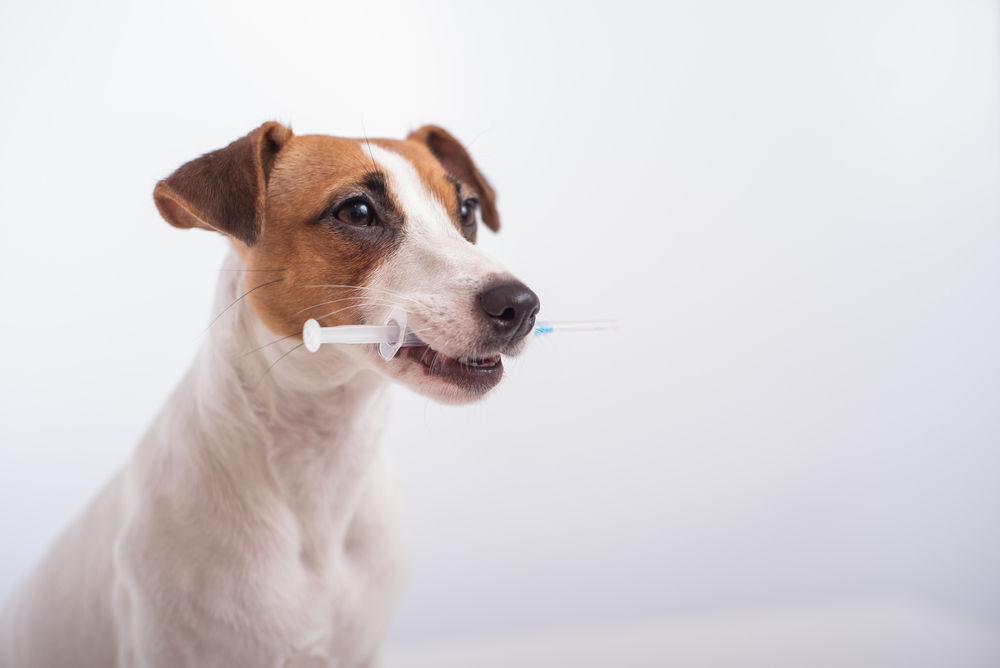
How Often Should Your Pet Be Vaccinated? A Guide to Keeping Your Furry Friend Healthy
Why Vaccinate Your Pet?
- Disease Prevention: Vaccines help your pet's immune system build resistance to specific diseases. This protection can be lifesaving in the case of deadly diseases like rabies and parvovirus.
- Public Health: Some pet diseases, such as rabies, can be transmitted to humans. By vaccinating your pet, you help protect not only your family but also your community.
- Cost-Effective: Preventing disease through vaccinations is far more cost-effective than treating the illness and potential long-term complications.

Vaccination Guidelines:
Puppy/Kitten Vaccinations (6-8 Weeks):
• Distemper, Parvovirus, and Adenovirus: These core vaccines protect against severe viral diseases.
• Bordetella: Recommended for puppies that will be in close contact with other dogs, such as at a dog park or daycare.
• Feline Distemper (FVRCP): Protects against feline viral rhinotracheitis, calicivirus, and panleukopenia.
Adult Dog/Cat Vaccinations (1 Year):
• Booster shots of core vaccines.
• Rabies: Required by law for dogs and cats.
Lifestyle vaccines:
• Discuss with your veterinarian if your pet needs additional protection based on their activities.
Adult Dog/Cat Vaccinations (Regular Boosters):
• Core vaccines typically require boosters every 1-3 years.
• Rabies boosters are often required annually or every three years, depending on local regulations.
Senior Pet Vaccinations (7+ Years):
• Continue core vaccines as recommended by your veterinarian.
• Discuss any age-related health concerns and potential booster needs.
Protect Your Pet's Health: Schedule Your Pet's Vaccination Appointment Today!


